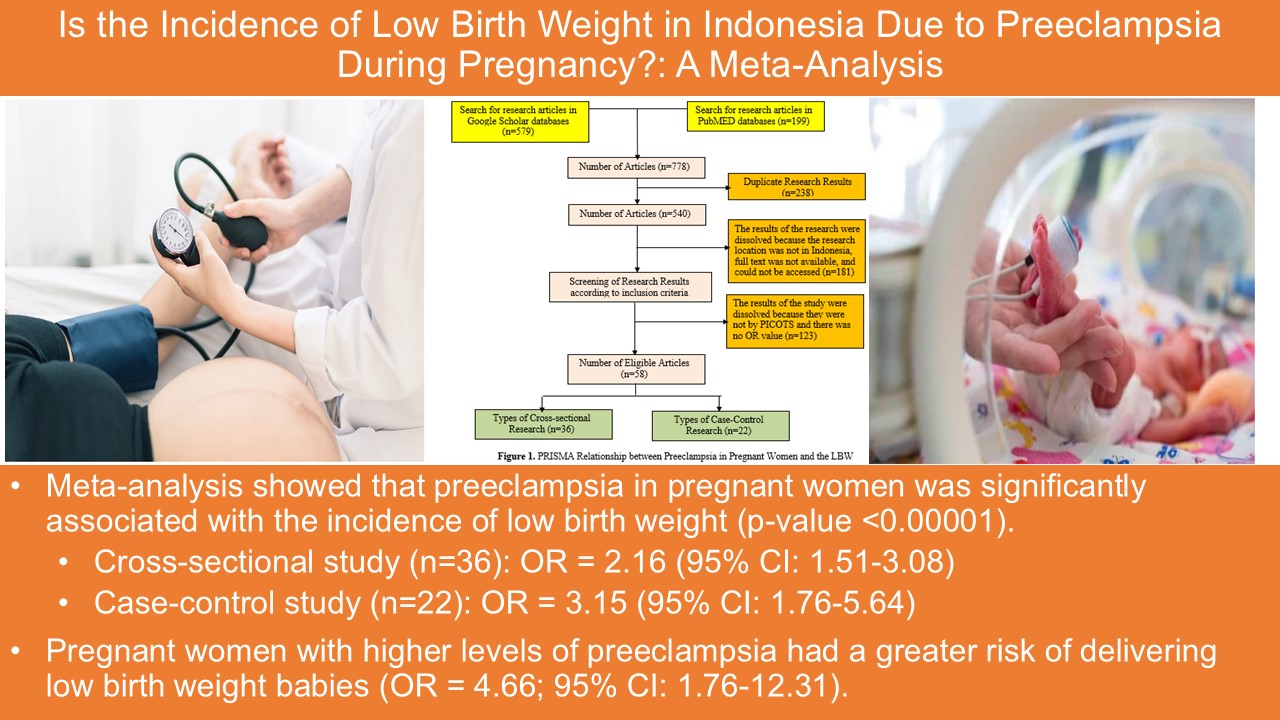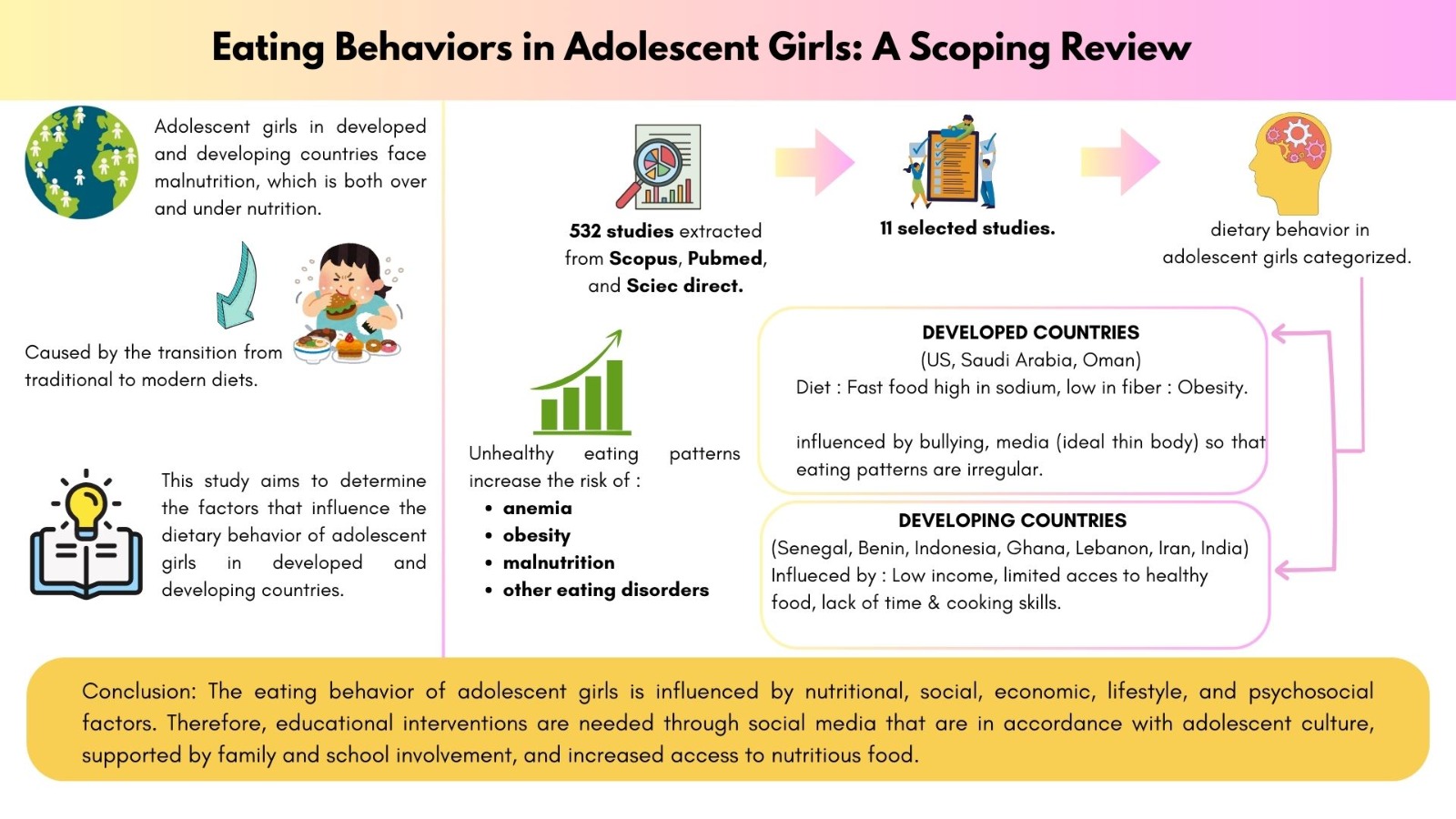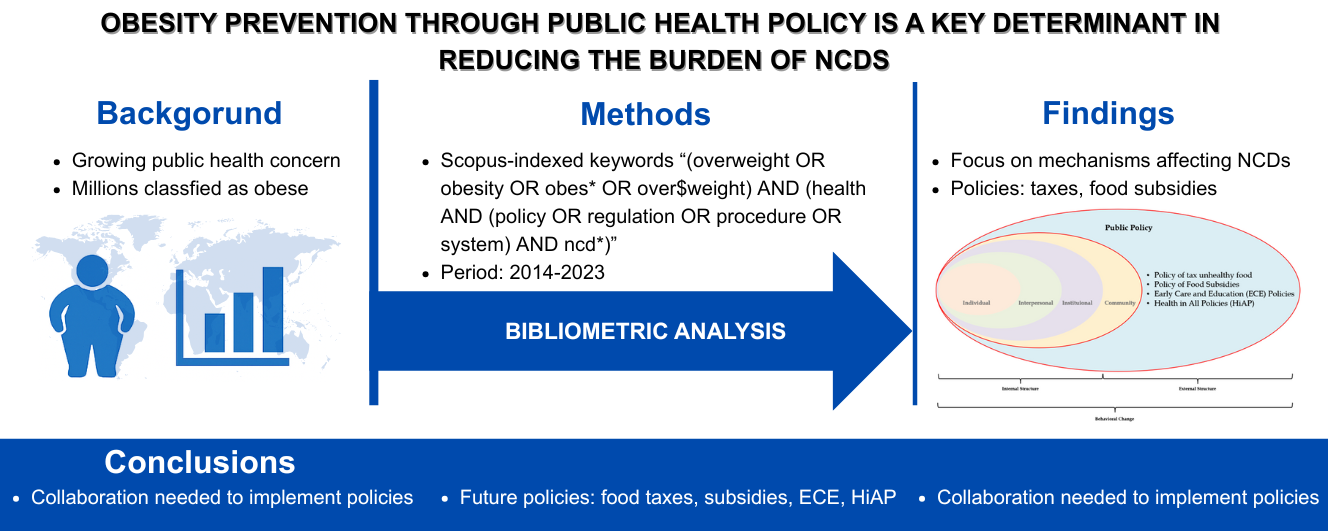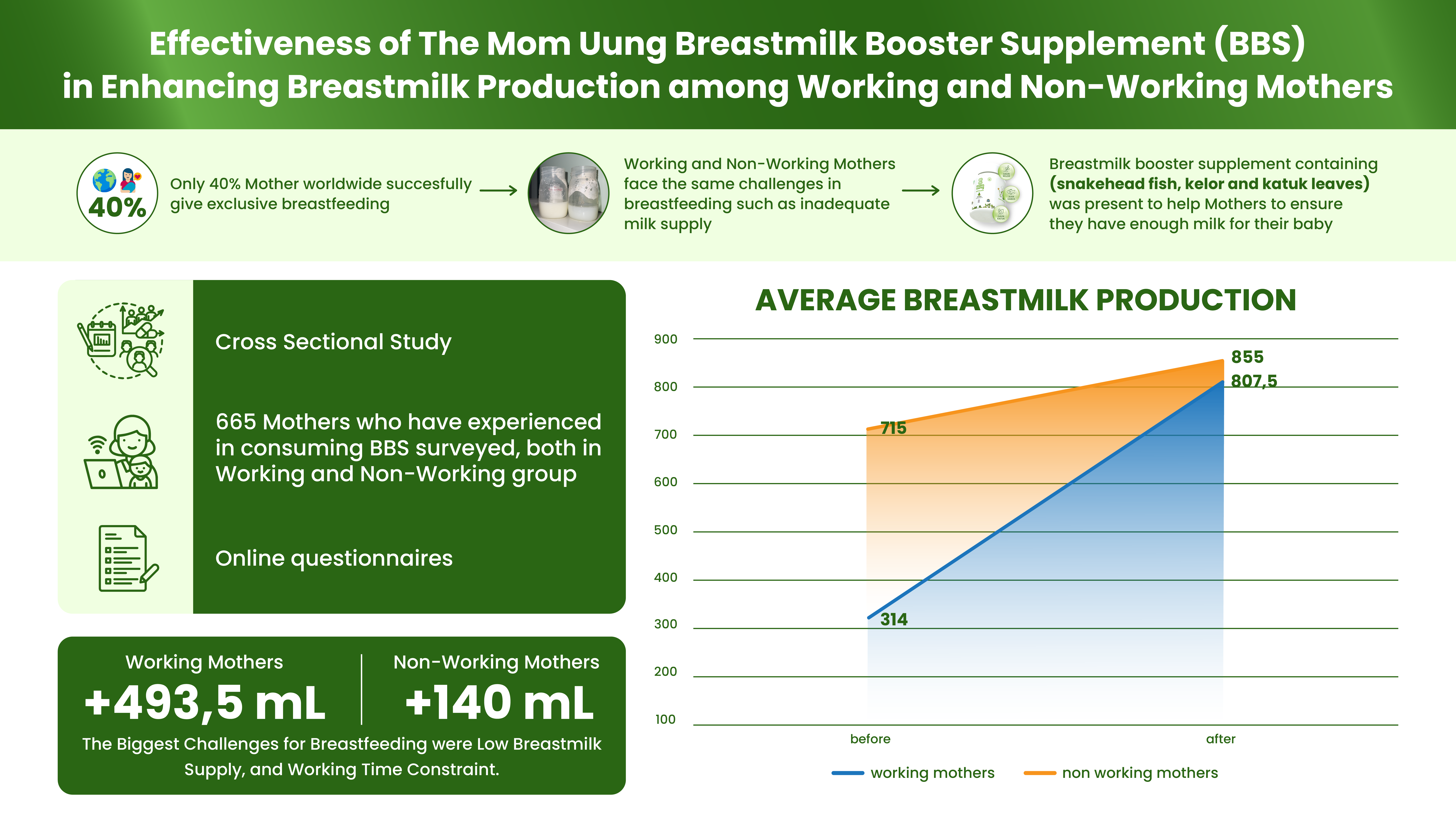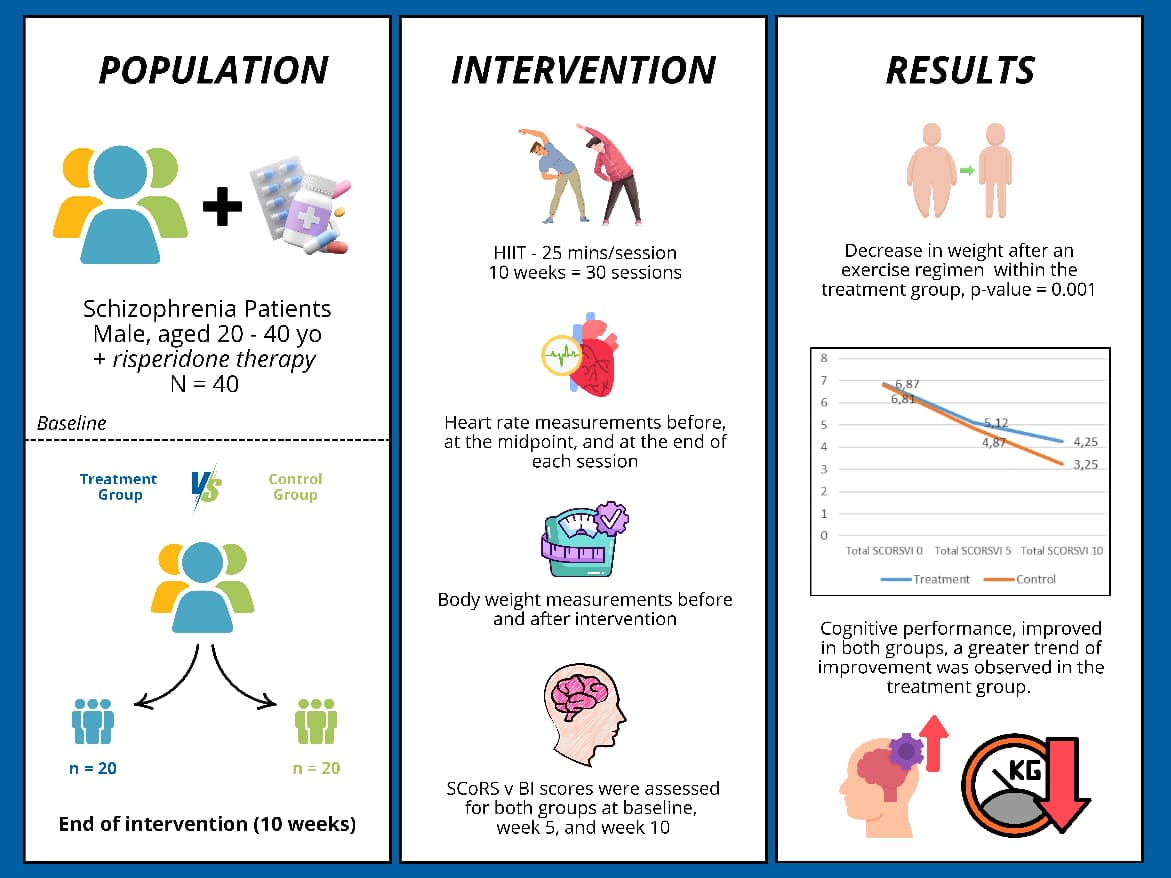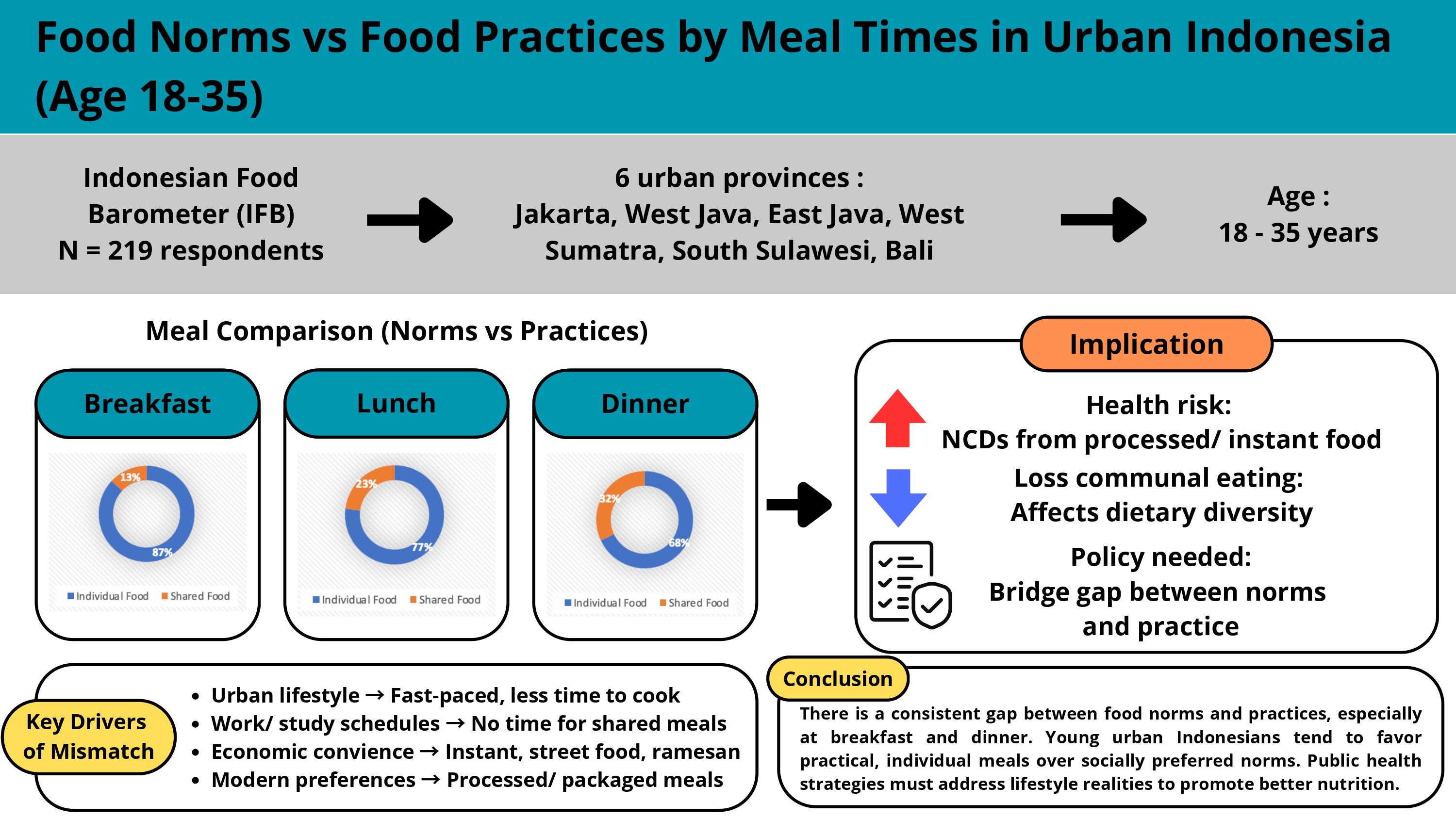The Effect of Storytelling Method through Fairy Tale Book Media on Children's Knowledge and Attitudes about Fruit And Vegetable Consumption
Downloads
In Indonesia, fruit and vegetable consumption is still low, especially among school-age children. culture, environment, socioeconomic, and ethnic background are factors that influence vegetable consumption. Education can help improve children's knowledge and perceptions about fruit and vegetable consumption. This research aims to determine the effect of the storytelling method through fairy tale books on children's knowledge and attitudes regarding fruit and vegetable consumption in MIN 2 Bengkulu City. This research shows that fairy tale book media intervention students' knowledge and attitude showed significant effect with p-value < 0.001. So that it can be concluded that storytelling method through fairy tale book media can be an alternative learning method in the classroom to increase children awareness, knowledge, and attitudes about the importance of consuming and vegetables.
Adiputra, M.S. et al. 2021, Health Research Methodology, Yayasan Kita Tulis, Medan.
Astuti, S. I., Arso, S. P., & Wigati, P. A. (2019). Storytelling Method. Analysis of Minimum Service Standards in Outpatient Installations at Semarang City Hospital, 3, 103-111.
Aviana, P. P. (2021). Overview of Factors Affecting Fruit and Vegetable Consumption in Children at SD Negeri Bojong, Mungkid, Magelang Regency. 1-80.
Azadirachta & Sumarni. (2018). The concept of school-age children. Azadirachta & Sumarni, 64(9), 20.
Damson Maryos Srue, Yuli Ernawati, N. A. S. (2021). Overview of Vegetable Eating Patterns in Children of Al Islam Tambak Bayan Elementary School, Depok, Sleman, Yogyakarta. Indonesian Nursing and Health Science Magazine, 10(1), 88-98.
Fitriyani, W., Sefrina, L. R., & Karawang, U. S. (2022). JGK-Vol.14, No.1 January 2022. 14(1), 43-52.
Fitryadi, A. (2020). Viva medika. 13.
Mitsla Chusnica Aulia, A. (2019). Knowledge, Attitude, Behaviour about Vegetable and Fruit Consumption and Associated Factors among Students of SD Inpres 26 in Sorong Regency.
Muna, N. I. (2019). Factors Associated with Fruit and Vegetable Consumption among Adolescents (Case Study at SMPN 24 Semarang, Semarang City). Thesis: Faculty of Sport Science, State University of Semarang, 80.
Prastikaningrum, Y. P., Nuryati, E., (2020).
Prayudhea, C. H. (2021). The Effect of Posters Through Social Media Instagram as Educational Media on Adolescents' Knowledge and Attitudes About Covid-19 Health Protocols at Man 1 Model Bengkulu City Compiled by : Chika Herfa Prayudhea Nim: P05170017007 Ministry of Health Repub.
Pringsewu. Proceedings of UMY 2020, 26-34.
Riskesdas Bengkulu. (2018). Bengkulu province RISKESDAS 2018 report. Ministry of Health of the Republic of Indonesia, 123.
Solehati, T., Mambang Sari, C. W., & Rohimah, I. (2019). Knowledge, Attitudes and
Actions of Elementary School Students Regarding Genitalia Hygiene. Muhammadiyah Nursing Journal, 4(1).
Tiara, dife nur, Syarief, O., Pramintarto, G., Mutiyani, M., & Selviyanti, sofi siti. (2019). Nutrition education using picture stories on knowledge and frequency of fruit vegetable consumption in students. Journal of Health Research Poltekkes Kemenkes Bandung, 165-172.
Widyastuti, E. (2020). Publication manuscript
Yurnasari, H., Education, P., Madrasah, G., Tarbiyah, F., & Tadris, D. A. N. (2021). Development of Indonesian Language Learning Media in the Form of Pop-Up Picture Books on Fairy Tale Material for Students.
Zamrodah, Y. (2016). science and technology. 15(2), 1-23.

This work is licensed under a Creative Commons Attribution-NonCommercial-ShareAlike 4.0 International License.
- MEDIA GIZI INDONESIA Journal is the copyright owner of all materials published on this website.
- The formal legal provisions for access to digital articles of this electronic journal are subject to the terms of the Creative Commons Attribution-NonCommercial-ShareAlike license (CC BY-NC-SA 4.0), which means that MEDIA GIZI INDONESIA Journal and readers reserve the right to save, transmit media / format, manage in database, maintain, and publish articles as long as it continues to include the name of the Author.
- Printed and published print and electronic manuscripts are open access for educational, research and library purposes. In addition to these objectives, the editorial board shall not be liable for violations of copyright law.


2.png)















